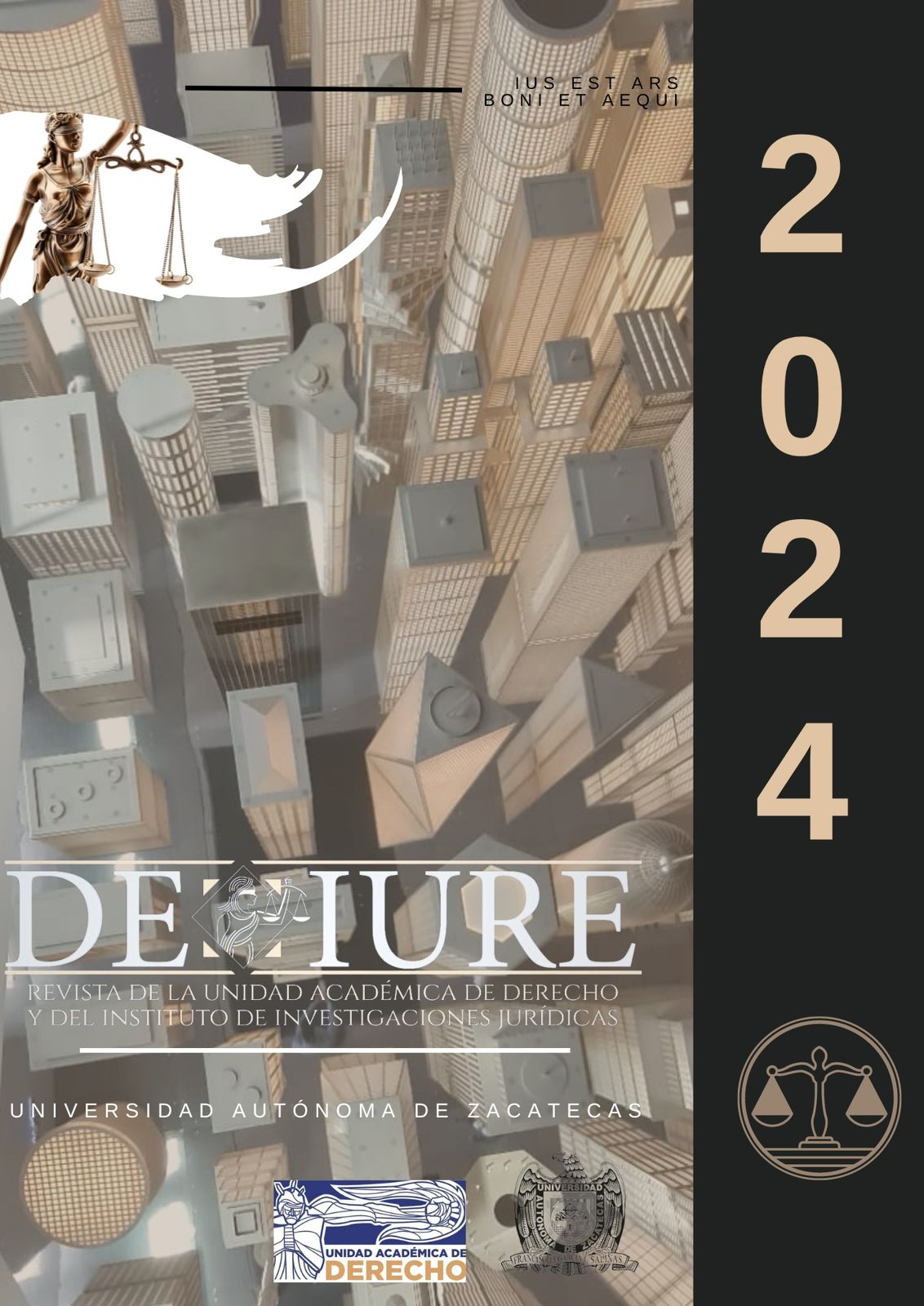Estructuralismo y Post estructuralismo juridico
Published 2024-05-09
Keywords
- Estructuralismo,
- post estructuralismo,
- Sociedad,
- Leguaje,
- estructuras sociales
How to Cite
Abstract
Post-structuralism is a theoretical approach that developed from structuralism and that questions the idea that there is a universal, objective structure underlying social, cultural and linguistic phenomena. Instead, post-structuralism maintains that reality is constructed through power relations and discursive practices that occur in a specific historical and social context.
Post-structuralism developed in the 1960s and 1970s through the work of thinkers such as Michel Foucault, Jacques Derrida, and Gilles Deleuze, among others. These thinkers questioned the idea that language and culture are objective and universal systems that can be analyzed independently of the power relations that underpin them.
Instead, post-structuralism focuses on the analysis of the way in which power relations and discursive practices influence the construction of social reality. For example, structuralist posts can analyze how certain discourses and social practices reinforce certain forms of power and domination, and how these can be resisted or subverted through the creation of new discourses and practices.
In summary, post-structuralism is a theoretical current that questions the idea that there is an objective and universal structure underlying social, cultural and linguistic phenomena, and that focuses on the analysis of power relations and the discursive practices that construct social reality.
Structuralism and post-structuralism are complex theoretical currents that have had many representatives and variations over time. However, here I present some of the most influential thinkers in each of these currents:
Representatives of Structuralism:
- Ferdinand de Saussure (linguistics)
- Claude Lévi-Strauss (anthropology)
- Roman Jakobson (linguistics)
- Roland Barthes (semiology)
-Michel Foucault (in his early stage, before developing his post-structuralist approach)
Representatives of Post-structuralism:
- Jacques Derrida (philosophy)
-Michel Foucault (in his second stage, when he moved away from structuralism)
- Gilles Deleuze (philosophy)
- Jean-François Lyotard (philosophy)
-Judith Butler (feminist and gender theory)
It is important to note that these thinkers are not the only representatives of each current, and that there are many other important figures within each of them. Furthermore, some thinkers have been influential in both structuralism and post-structuralism, and their ideas often overlap or are combined in different ways.
Downloads
References
- CORREAS, OSCAR, Critica de la Ideología Jurídica. UNAM, México D.F. 1993
- CORREAS, OSCAR. Crítica a la ideología jurídica, UNAM, México, 1993.
- NINO, CARLOS SANTIAGO, Consideraciones Sobre La Dogmática Jurídica. UNAM, México D.F. 1974
- HERNÁNDEZ GIL, ANTONIO et al. Estructuralismo y derecho. Alianza Editorial, Madrid, 1973.
- GRANADOS ATLACO, MIGUEL ÁNGEL Y JAVIER ROMO MICHAUD. Metodología Jurídica, Antología. 2a. Edición, UNAM. México, 1999.
- PEREZ LLEDO, JUAN, El Movimiento Critical Legal Studies. De. Tecnos, Madrid, 1996.
- PLAZAS VEGA, MAURICIO, Del Realismo al Trialismo Jurídico. De. Temis, Santa fe de Bogotá, 1998.
- SANTIAGO NINO, CARLOS. Introducción al análisis del Derecho. Editorial Ariel. México, 1996.


